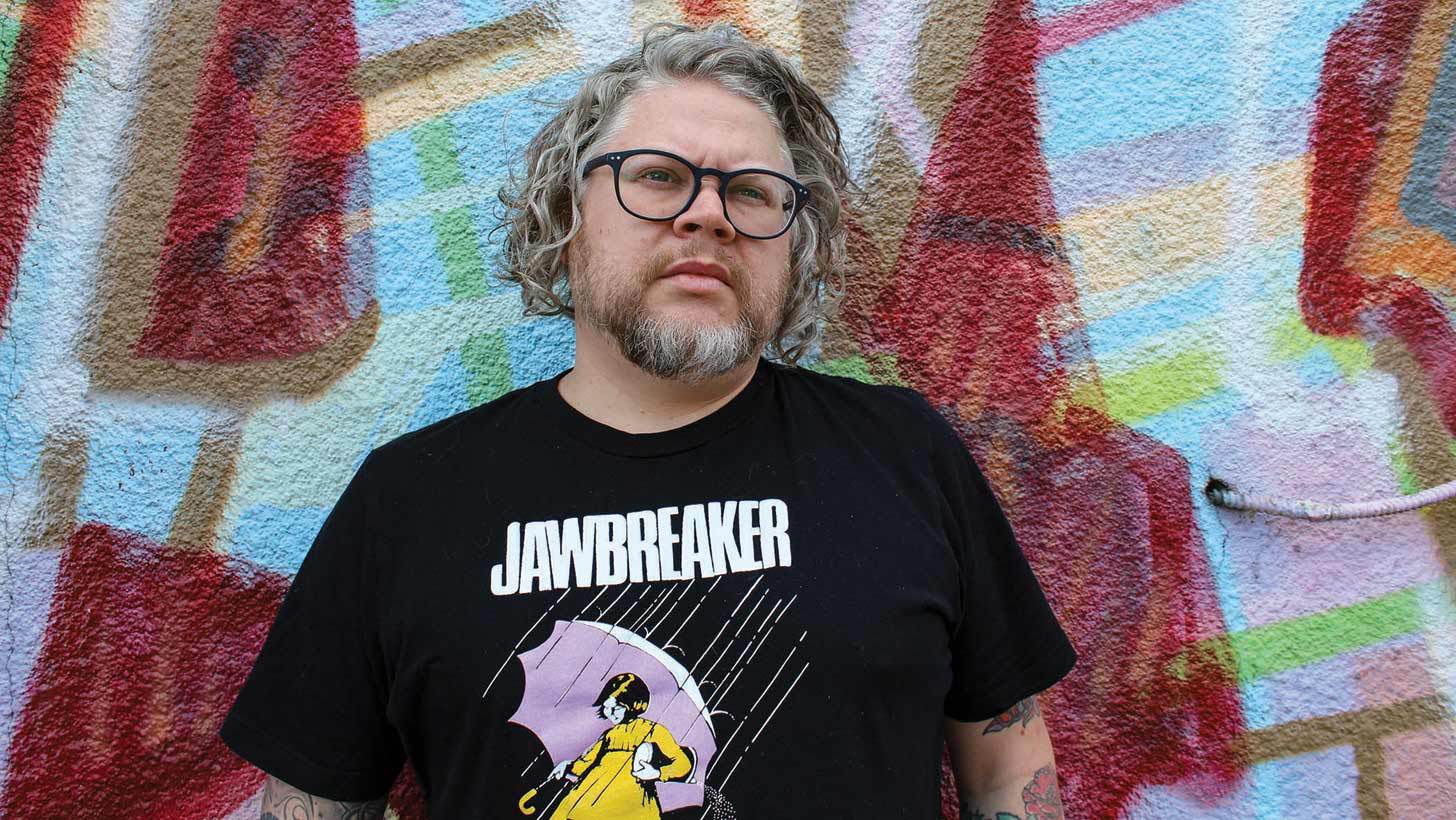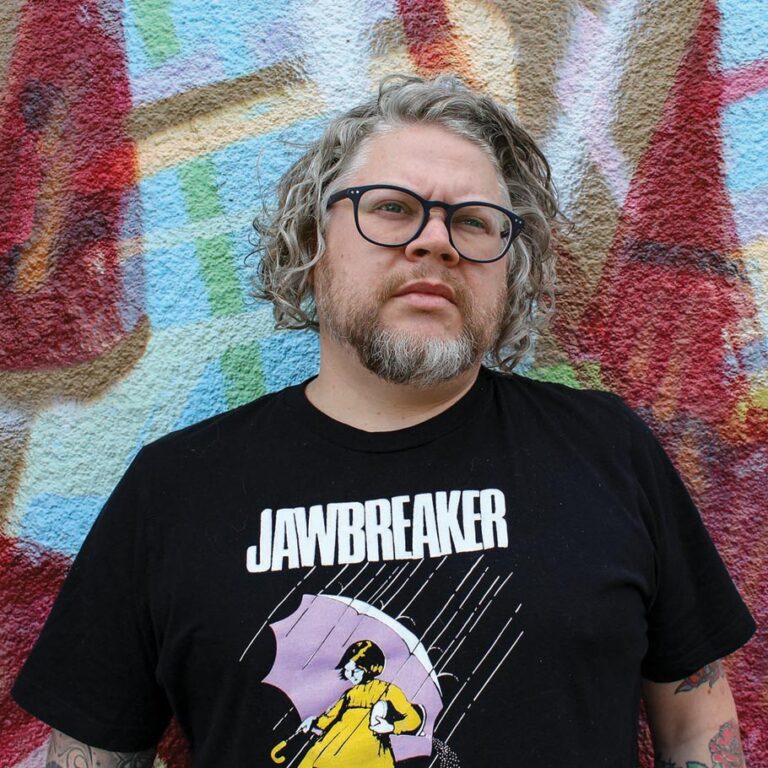Music Interview: Russell James
Influential Punk Folkster Is Headed To Oregon


Russell James
Corey Yazzie
Latest Article|September 3, 2020|Free
::Making Grown Men Cry Since 1992


Russell James
Corey Yazzie